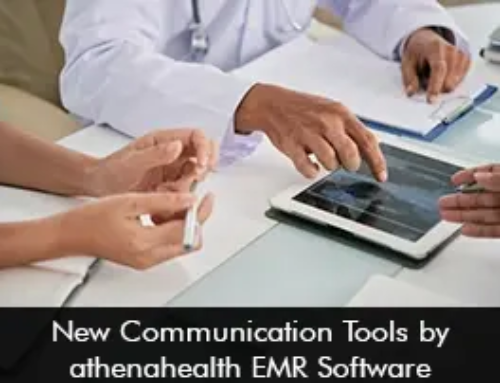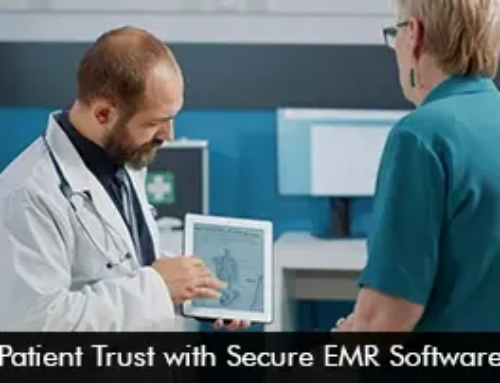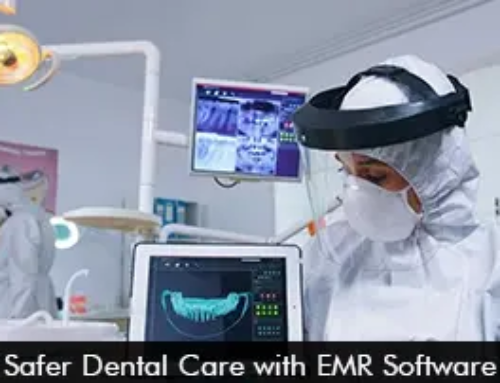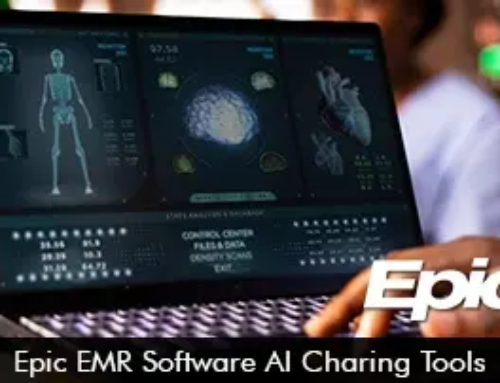It is urgent that more people learn about stroke, how to prevent and cure it, and the developments that are revolutionizing stroke care. We’ll examine the significant influence of electronic health records (EHR) on stroke care in this blog. Healthcare has been transformed by EHR systems, which allow real-time access to vital patient data, streamline provider contact, and even facilitate telestroke treatments. Let’s explore how EHRs are improving the landscape of stroke care and promoting improved patient outcomes as we observe Stroke Month. Stroke is one of the main causes of disability and death, yet we can significantly improve stroke care with the correct resources and developments in medical technology.
The Power of Electronic Health Records (EHR)
- EHR systems are at the forefront of healthcare’s digital transformation, bringing patient information into a comprehensive and easily accessible format.
- In the context of stroke care, EHR systems are pivotal in facilitating quick access to crucial patient data. Healthcare providers can retrieve medical histories, including pre-existing conditions, medications, and prior stroke occurrences, in real time.
Real-Time Access to Critical Data
- Quick access to a patient’s comprehensive medical history is essential in stroke cases, where time is of the essence.
- EHR systems ensure that essential information is readily available, enabling healthcare providers to make informed decisions promptly.
Seamless Communication
- Stroke care often involves a multidisciplinary team of healthcare professionals.
- EHR systems facilitate seamless communication among team members, allowing them to share vital information, imaging studies, and test results.
- Collaboration through EHR leads to quicker diagnoses and improved patient care.
Telemedicine Integration
- EHRs have played a crucial role in supporting telestroke services.
- Telestroke allows stroke specialists to remotely evaluate patients through video conferencing.
- This technology expands access to stroke expertise, particularly in underserved or rural areas.
Enhanced Data Accuracy
- EHR systems reduce the risk of errors associated with handwritten or paper-based records.
- Accurate and up-to-date data is critical in stroke care, ensuring that patients receive the right treatment at the right time.
Long-Term Patient Tracking
- Stroke recovery can be a long and challenging journey.
- EHR systems allow for the continuous monitoring and tracking of patients’ progress.
- This ensures that patients receive necessary follow-up care and support to prevent recurrent strokes and manage post-stroke conditions.
The Challenges and Future Potential
- While EHR systems have brought significant improvements to stroke care, challenges such as data security, interoperability, and data entry must be addressed.
- Ongoing advancements and improvements in EHR technology are gradually overcoming these challenges.
A Bright Future for Stroke Care
- Stroke Month is an opportunity to celebrate the progress made in stroke care.
- EHR systems play a critical role in enhancing stroke care by transforming the way healthcare providers diagnose and treat strokes.
- The future of stroke care looks promising, with technology and innovation leading the way in reducing the impact of strokes on individuals and their families.








